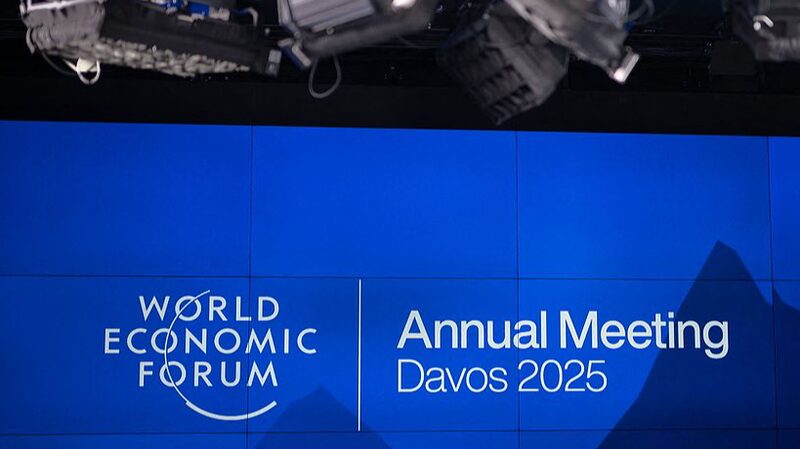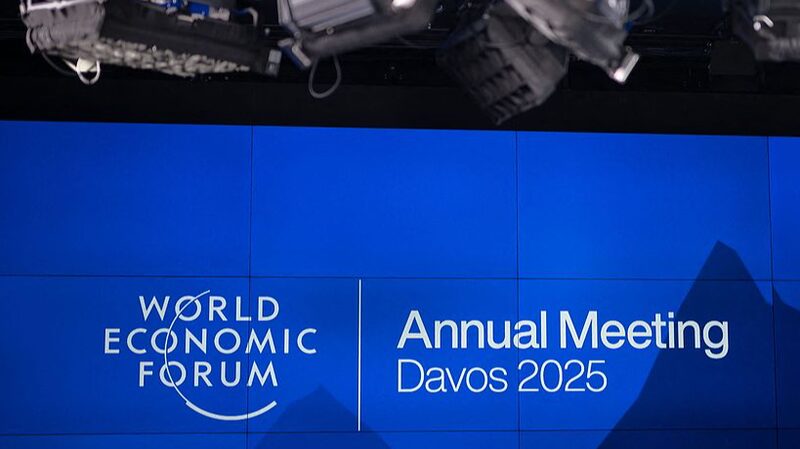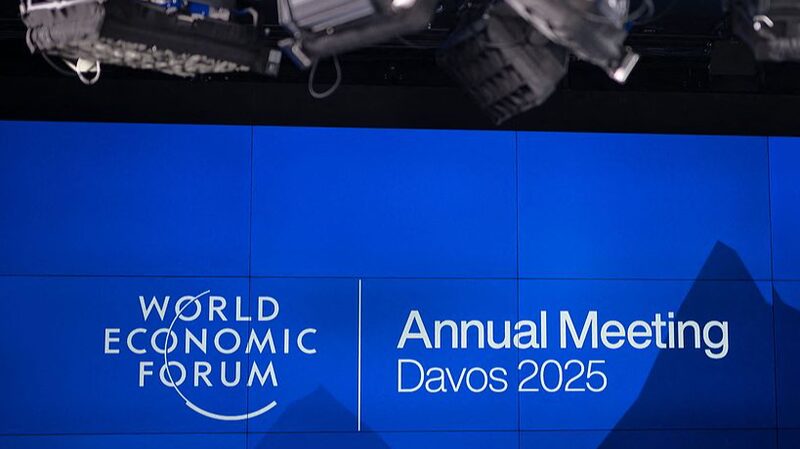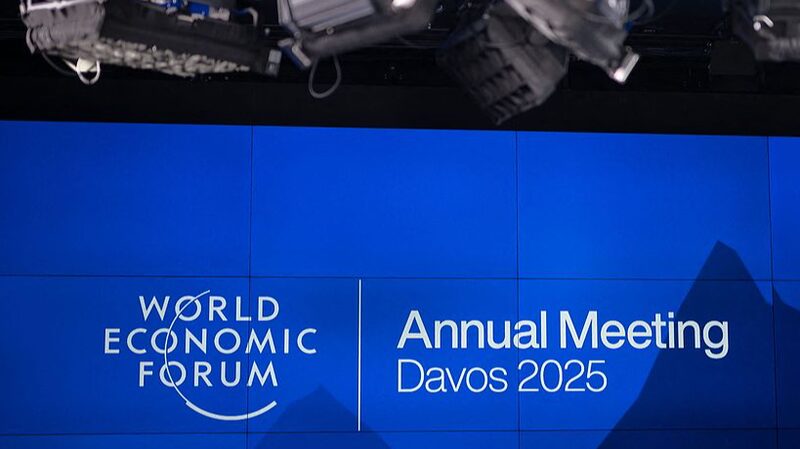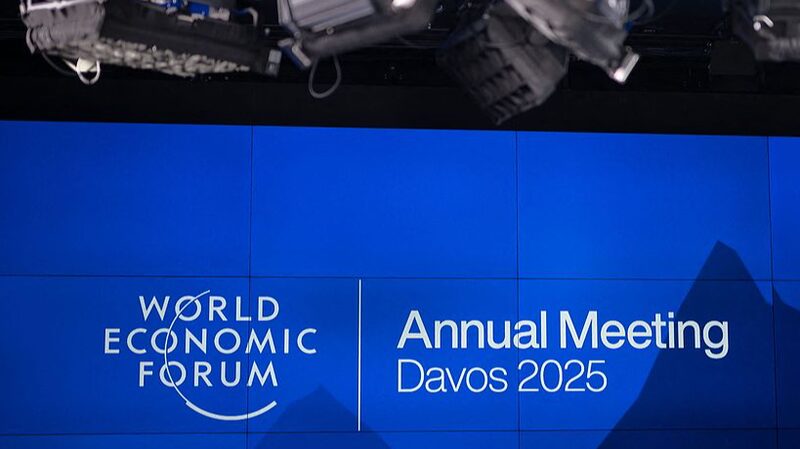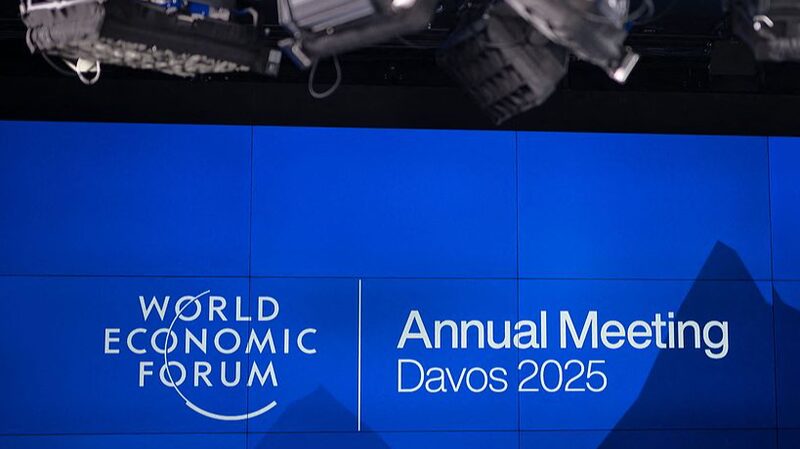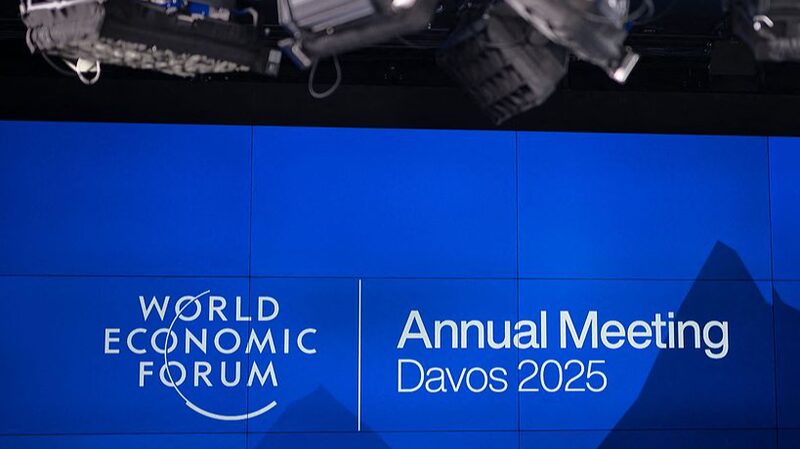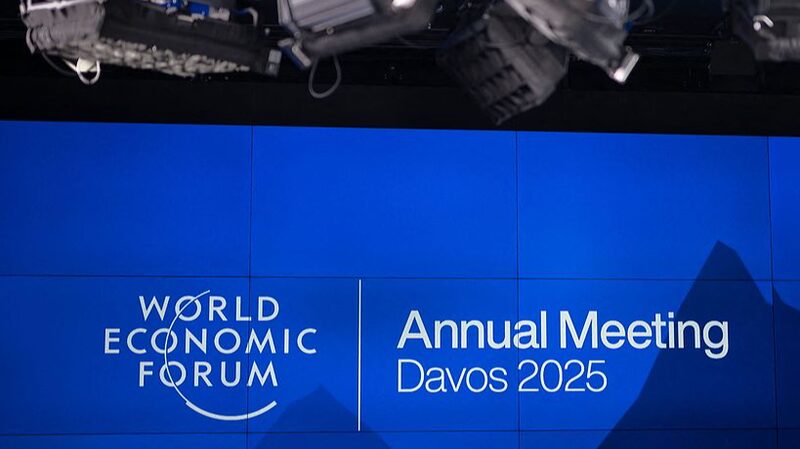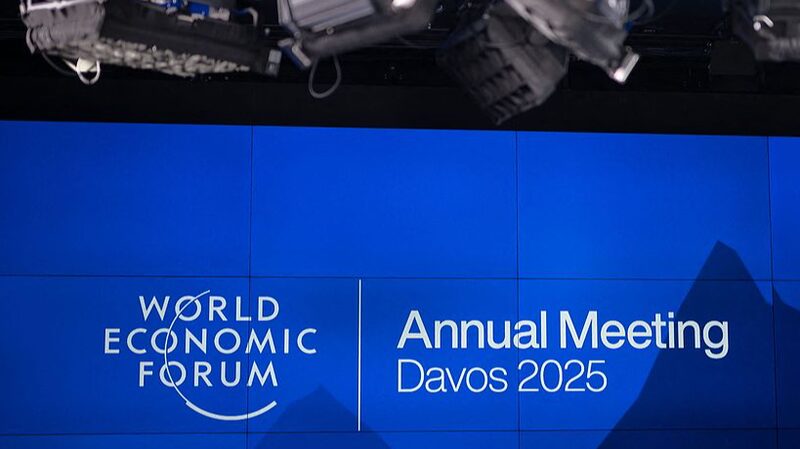The upcoming World Economic Forum (WEF) annual meeting is set to take place from January 20 to 24, 2025, in Davos, Switzerland. This significant gathering is expected to bring together nearly 3,000 leaders from politics, academia, and business, including 60 heads of state and government. As the global community faces unprecedented challenges and opportunities, the WEF promises to be a pivotal event for shaping the future.
Throughout its history, the WEF has been instrumental in fostering dialogue and collaboration on critical global issues. In 1992, Nelson Mandela and F.W. de Klerk met at Davos, marking a turning point in the fight against apartheid. In 1998, amidst a financial crisis, the concept of a regular dialogue platform between developed and developing nations was born at the forum, eventually leading to the creation of the Group of 20 (G20).
As we look towards Davos 2025, the agenda is anticipated to be even more crucial. The widening gap between global aspirations and anxieties underscores the need for collective action. Geopolitical and economic uncertainties, trade tensions, cultural polarization, and climate challenges have become increasingly complex and interconnected. At the same time, breakthroughs in quantum computing, biotechnology, and artificial intelligence offer unique opportunities to enhance productivity, improve living standards, and reduce poverty and inequality.
The theme for Davos 2025 is \"Collaborating for the Intelligent Age.\" This theme highlights how converging technologies are rapidly transforming our world, with the potential to both uplift and divide humanity. Under this overarching theme, the forum will focus on five key priorities:
- Rethinking Growth: Exploring sustainable and inclusive economic models that balance prosperity with environmental stewardship.
- Industries in the Intelligent Age: Addressing how technological advancements are reshaping industries and the future of work.
- Investing in People: Emphasizing education, skills development, and health to empower individuals in a rapidly changing world.
- Safeguarding the Planet: Committing to actionable strategies for environmental protection and climate resilience.
- Rebuilding Trust: Strengthening global cooperation and trust among nations, institutions, and communities.
The 2025 WEF meeting aims to create a platform for leaders to collaborate on harnessing technological innovations for the betterment of all. By addressing these critical priorities, the forum seeks to bridge divides, foster understanding, and pave the way for a more inclusive and sustainable future.
For global readers, business professionals, academics, the Asian diaspora, and cultural explorers alike, the discussions and outcomes of Davos 2025 will have far-reaching implications. Whether it's navigating economic trends, understanding policy shifts, or connecting with cultural developments, the insights from the WEF are poised to influence Asia's dynamic role in global affairs.
As the world prepares for this significant event, anticipation builds around the collaborative efforts and visionary ideas that will emerge from Davos. The stakes are high, but so too is the potential for meaningful progress in addressing the challenges and opportunities of our time.
Reference(s):
cgtn.com
